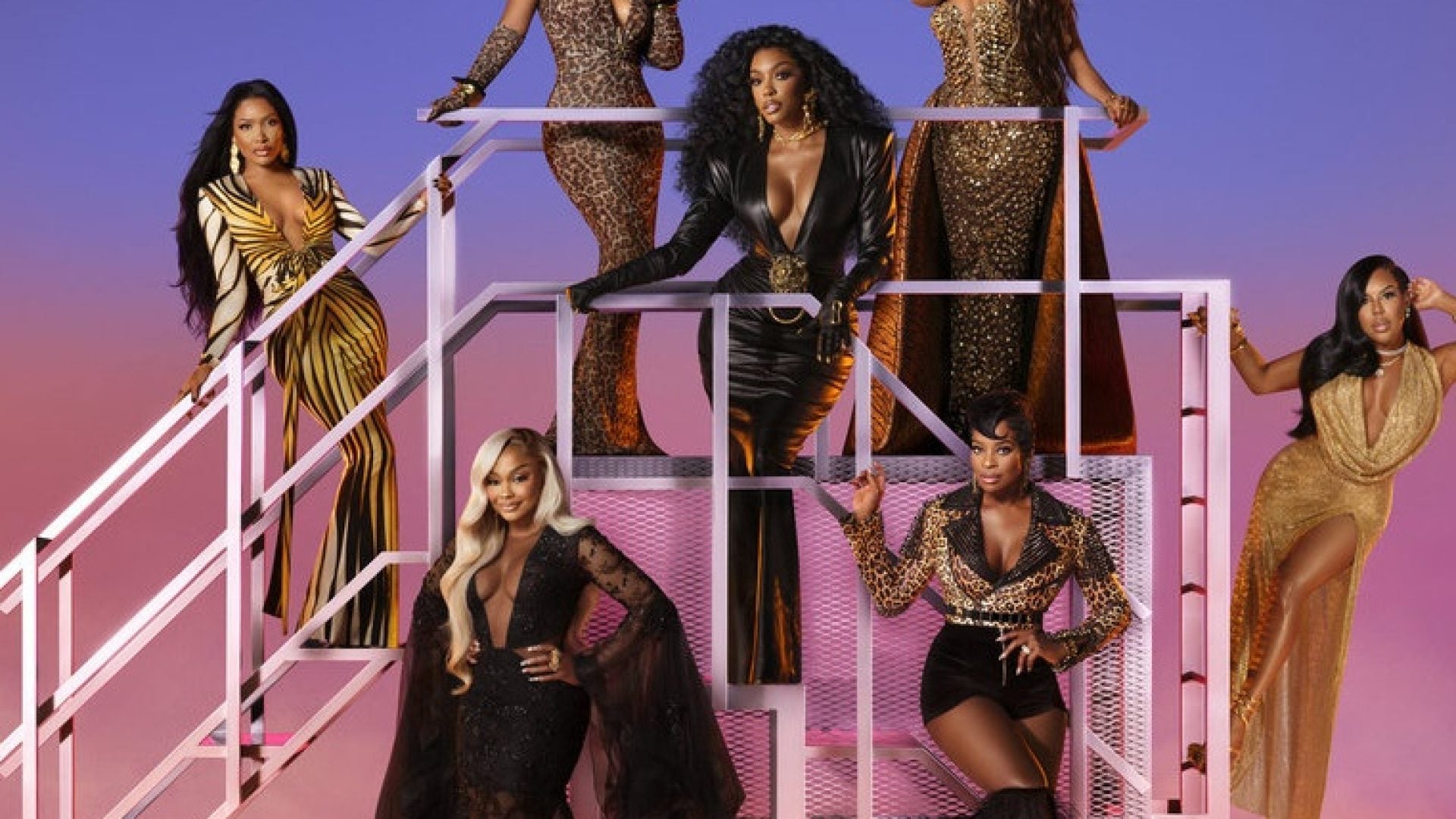
People spend a significant amount of time trying to create the perfect life but don’t put as much energy into planning for death. Understandably so—one’s demise is a frightening reality, especially when you have so much to live for.
Alua Arthur, an author and death doula, has made helping people prepare for death her life’s work. Arthur is also passing the baton to aspiring death doulas through her venture, Going with Grace, a training and end-of-life planning organization.
So, what exactly is a death doula?
“A death doula is somebody who does all of the non-medical and holistic care and support of the dying person and the circle of support through the process,” Arthur explains to ESSENCE. Also known as end-of-life doulas, death midwives, and death coaches, they often provide the compassion and empathy needed to navigate what can be an emotionally heavy period. That support can also extend to family members after their loved ones die.
Death doulas aren’t limited to the terminally ill, though. Individuals can also assist healthy people with creating a plan for death.
Practically, the daily ins and outs of this work include helping people choose a healthcare proxy—an individual who makes healthcare decisions on your behalf when you’re incapacitated—and choosing a healthcare power of attorney. Other tasks death doulas take on include establishing your desires for life support, helping you make decisions about what you want done to your body, and where sentimental items will go.
“Think through all the things that it takes to make your life function when you die; all that information’s gonna die along with you,” Arthur says.
Anyone who has drafted a will or estate plan may see some parallels between what a death doula does and the work of an estate planner. However, many nuances distinguish the two. One is that death doulas bring human compassion to end-of-life planning, while estate planning can be devoid of that.
“I actually think that estate planning could do a much better job because often when people are having those conversations, they’re having them in the lawyer’s office, and you just tick a box,” Arthur explains. “I actually think we need doulas in estate planning and lawyers’ offices to help people make value-based decisions about how they want to access the end of their lives because otherwise, it’s cold, it’s bland, it’s not informed by anything.”
Preparation aside, there’s also a lot of reflection that takes place. Having worked with many people planning the end of their lives, Arthur says common regrets she sees include not living authentically, not having hard conversations with people they love sooner, not spending their time in ways they wanted to, and not taking enough risks.
Arthur has also had to come to terms with her own mortality at many points in her life. To help encapsulate her experience with death both through her work and lived experiences, she recently authored a memoir titled Briefly Perfectly Human: Making an Authentic Life by Getting Real About the End.
Not only did the death doula’s family flee a murderous coup d’état in Ghana in the 1980s when she was a toddler, but she also endured the death of her brother-in-law, who passed after a battle with lymphoma.
The memoir helps readers see how thinking about death can improve their approach to and quality of life. Since we are all destined to die, it’s an ideal read for anyone ready to face that reality.
“I think it’s important that we identify the commonalities that we share because this is also a time that’s highly divisive,” Arthur says of what she hopes people get from the memoir. “Yet we are all human and have struggles with vulnerability and surrender and grace and acceptance and living our truth, and societal expectations and authenticity. All of these things are human.”
If you’re afraid of starting the end-of-life planning process, Arthur says you should consider yourself lucky that you even have the opportunity to do so.

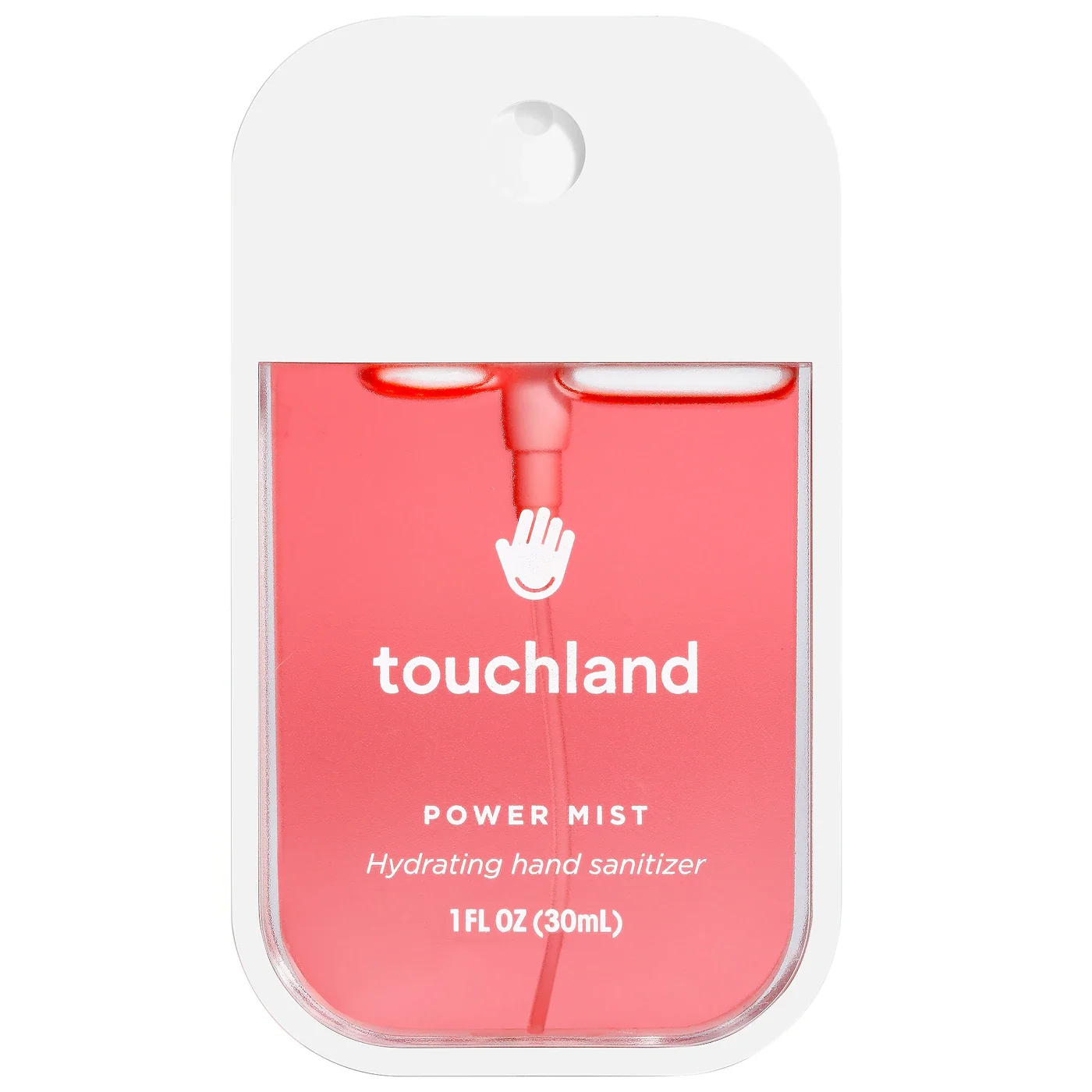
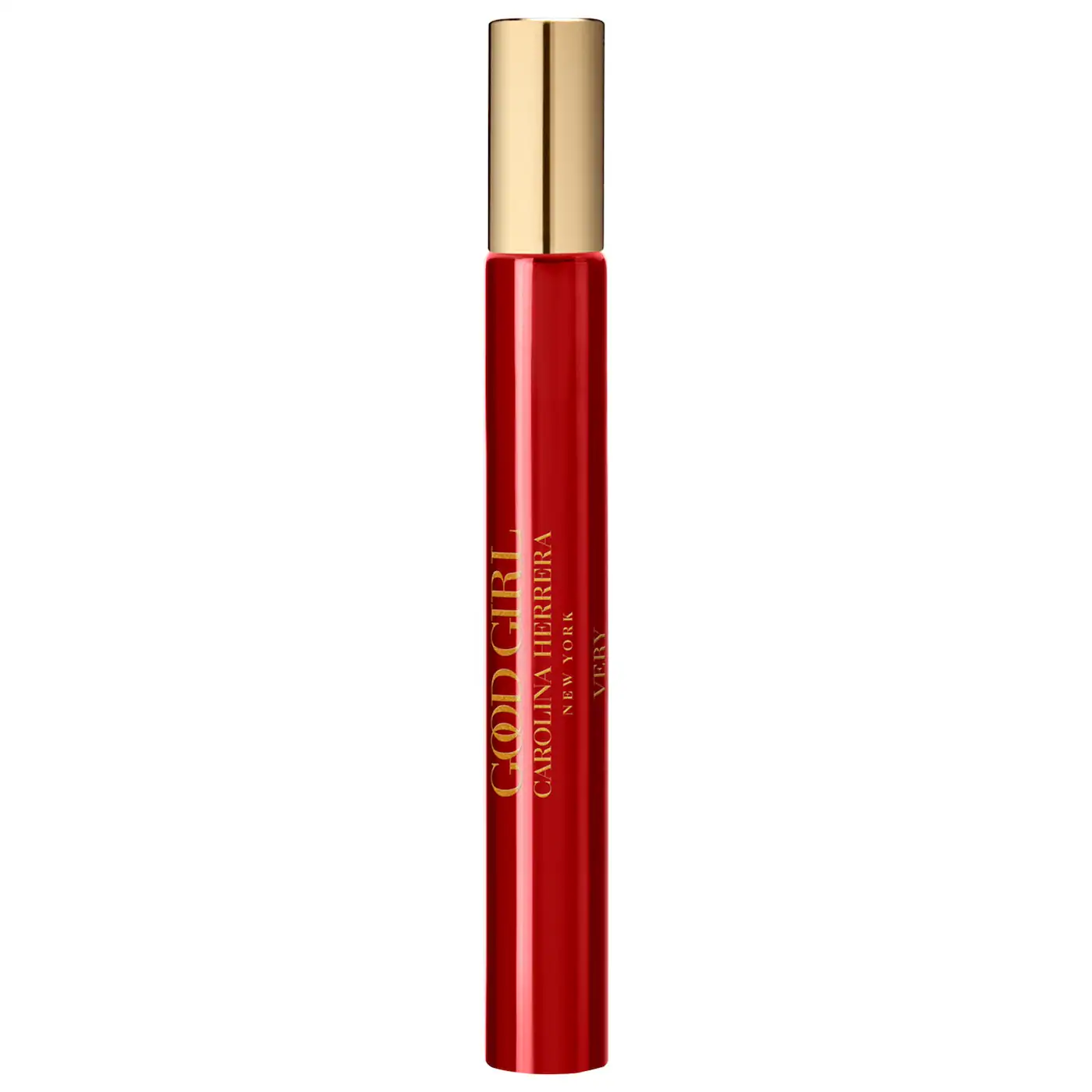
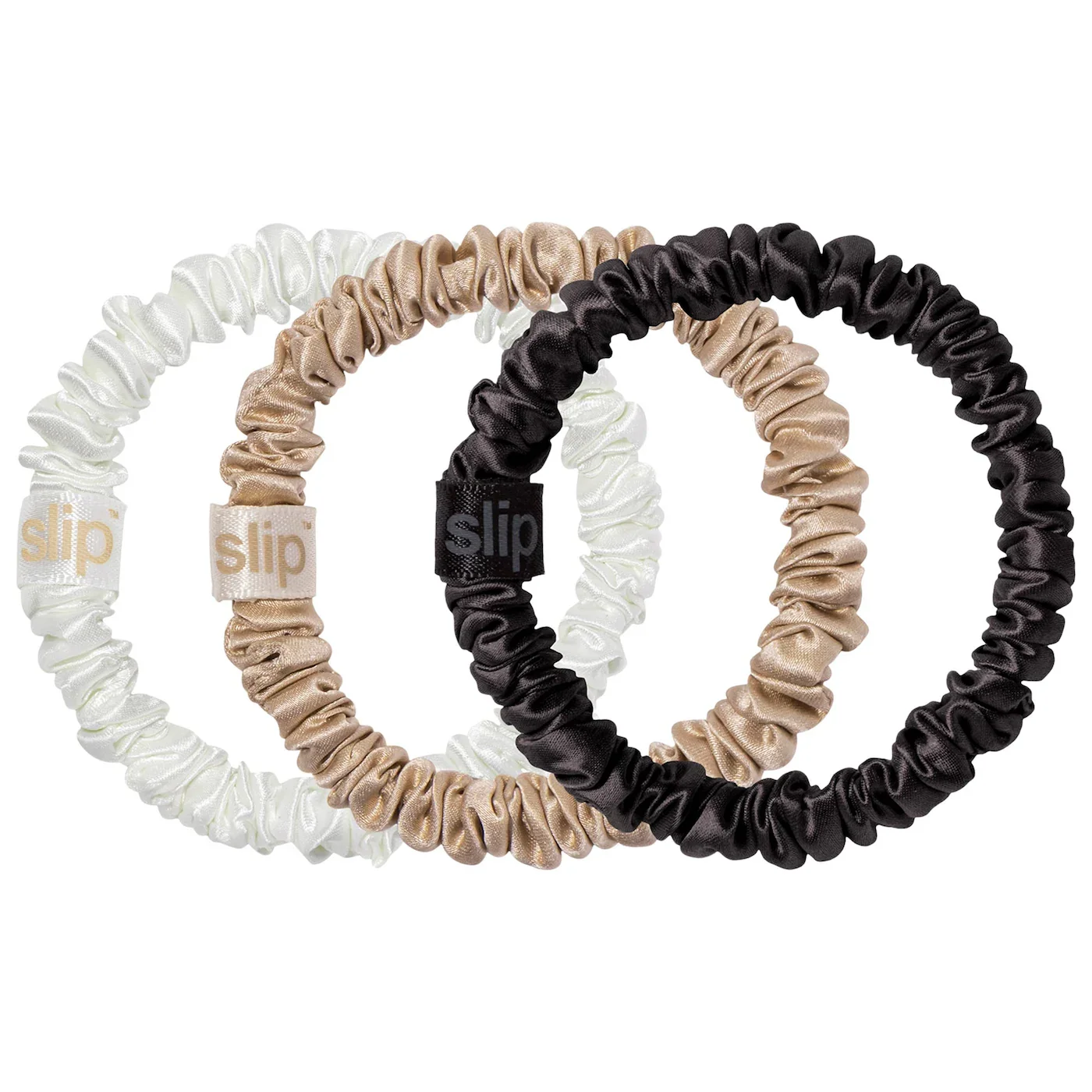
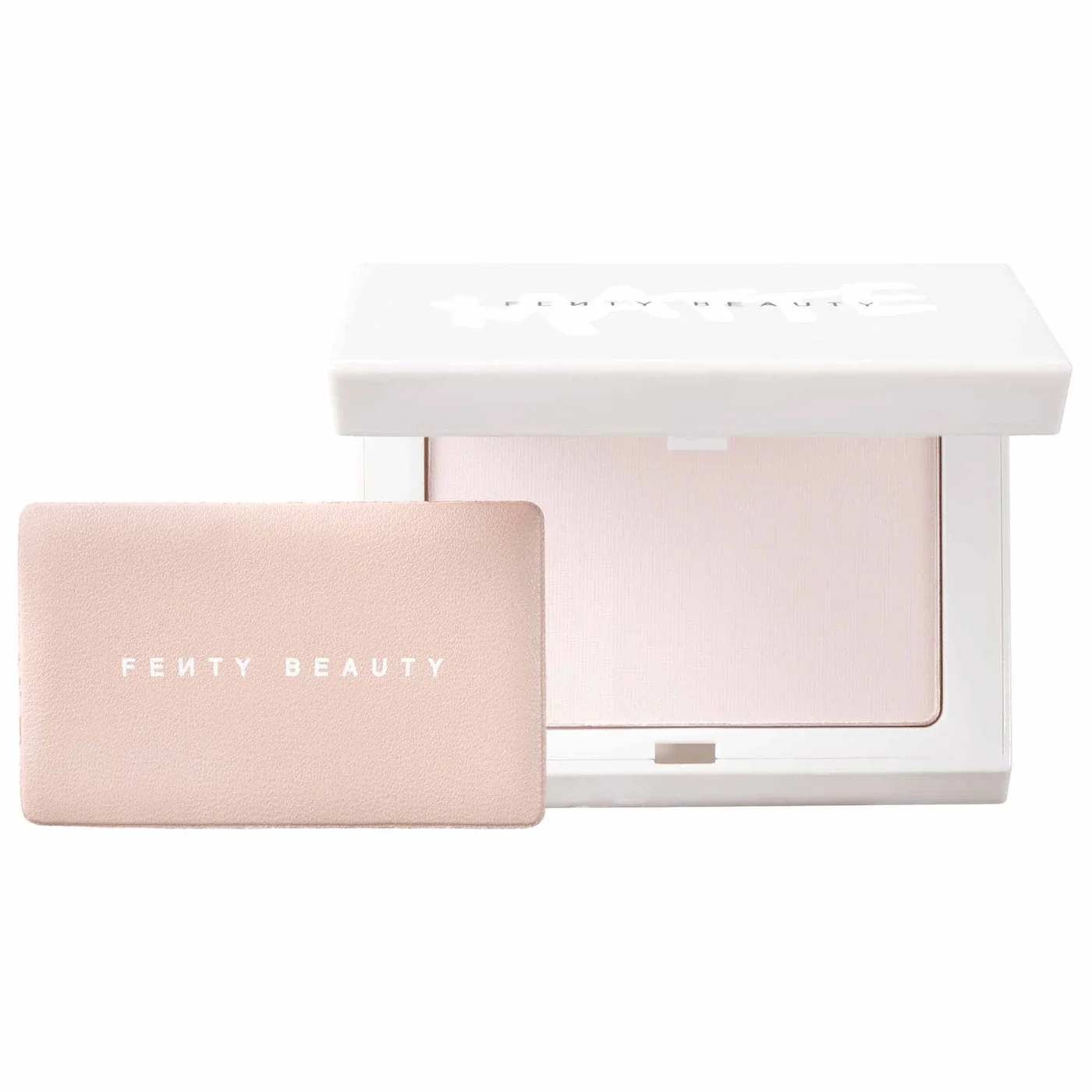


“It’s an utter privilege to be able to consider our mortality. Many people are dying in all types of ways that’s real [messed] up right now. And to be able to just think about, ‘Well, what if I died, and what would that be like?’ That’s an absolute, absolute, absolute privilege, and I want us to hold that very closely,” she says.
Also, ignoring your mortality won’t make it any less real. Deciding how you want to live out your last days and what legacy you want to leave behind can be empowering. Thanks to death doulas like Arthur, it’s not a process you have to go through alone.
“Recognize that this beautiful piece of tissue and muscle and blood, this vessel that we inhabit, will have an ending point. We can notice it in how our hair is graying and how our eyesight isn’t as good anymore. ‘Cause we’re also in transition while we’re living. So be with the body, catalog your accounts, think about your death, [and] talk about it.”




